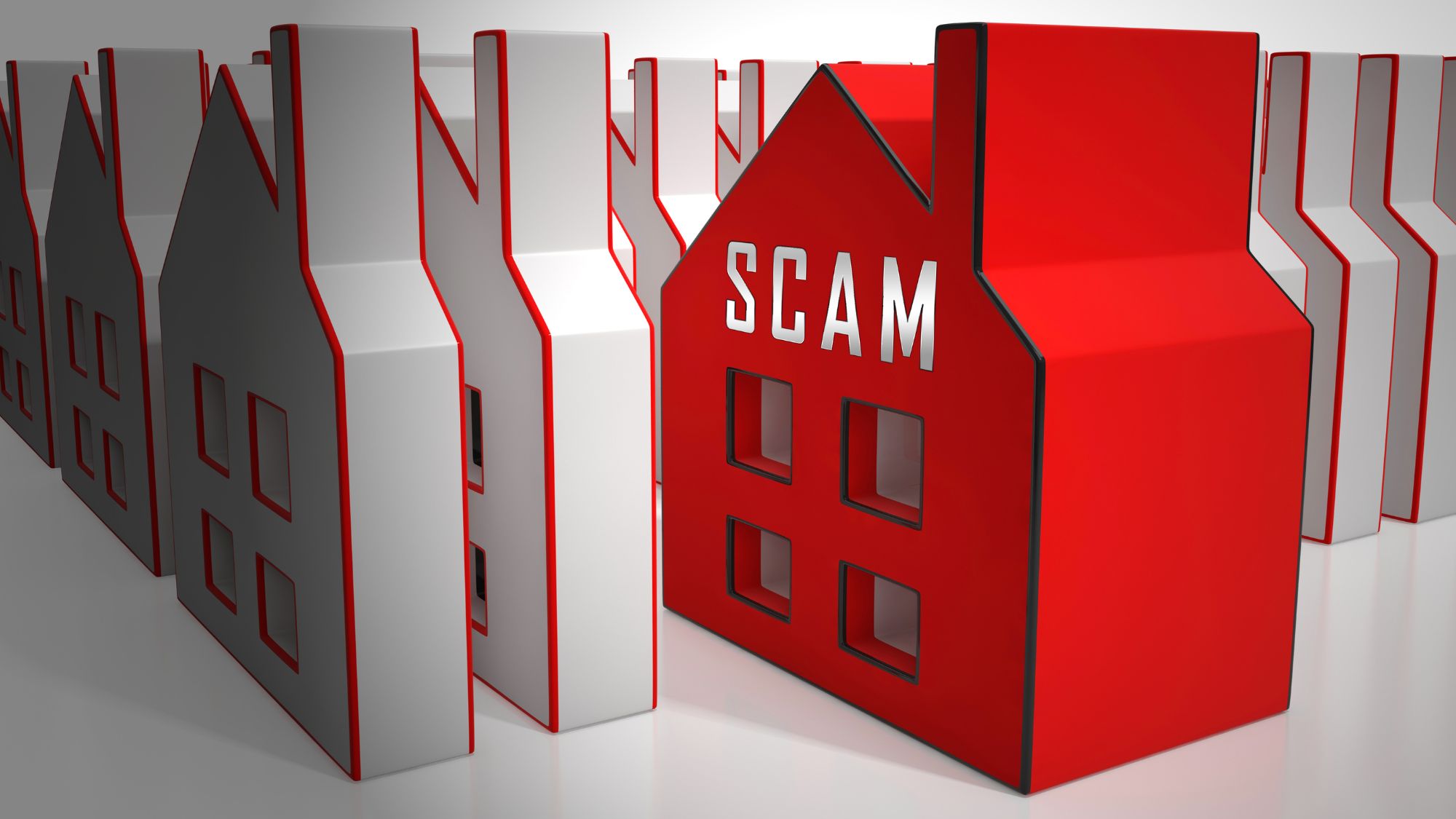If you have watched the news at any point in the past few months, you’ve likely been hearing tales of the rising instances of real estate scams. In today’s bustling real estate market, the last thing you want is to fall victim to a scam. Unfortunately, fake home sellers are becoming more sophisticated in their methods. To better safeguard your home buying journey, here are some tips on how to spot the red flags of a real estate scam and protect your investment.
Red Flags of Fake Home Sellers
Vacant Properties: Be cautious if a property is empty. This isn’t to say all vacant properties are instantly red flags. In fact, vacant properties can actually be a great thing for buyers looking for a quick possession. However, scammers often target these listings as they’re easier to replicate and pretend to control.
Unrealistic Pricing: A price that’s too good to be true may be just that. Real estate scams will use unrealistic pricing as a bait to lure unsuspecting buyers looking for a deal.
Restricted Access: If you can’t tour the property in person, think twice. Legitimate sellers should welcome showings, whether virtual or in-person. If they can’t accommodate your needs, it may be that the listing is not real.
Cash Transaction Pressure: Sellers insisting on cash deals might be looking to disappear quickly with your money. Though the Canadian real estate process does its best to secure all home transactions, cash is still the hardest to trace. Insist on keeping a secure paper trail of money in all of your real estate transactions.
Urgent Closings: A seller rushing to close the deal might be trying to finalize a scam before you notice. Always ensure your offer includes sufficient time for you to address all conditions, including a professional home inspection.
Communication Evasion: Scammers avoid phone calls or face-to-face meetings. If it’s all texts and emails, be alert. Pay particular attention to messages with typos, generic content, or phrasing that just feels “off.” Be safe and trust your gut.
Protecting Yourself Against Real Estate Scams
Work with Professionals: A reputable local real estate agent can be your best defence against scams. Working with a REALTOR® is entirely free to you when buying a house, and can be your best protection against scammers posing as sellers. They will know the local market, listings, and professionals, making them among the most qualified to help you identify dangerous dealings.
Use Professional Listing Sites: Nothing is more frustrating than not seeing your dream home for sale when browsing the professional real estate websites. This is especially true for many buyers in the current real estate market, as inventory continues to remain at all-time lows and competition is quite high. However, even when you are at wit’s end on your home search, the risk of real estate scams is exponentially higher when you move your search onto private online classifieds and marketplaces.
Ask Questions: Inquire about the property’s history and details. A scammer will struggle to answer questions not readily available from the MLS® or public access information.
Title Searches: Always conduct a title search and get title insurance.
Identity Verification: Demand proof of seller’s identity and ownership. In Canadian real estate, a specific form is required for all buyers and sellers, which verifies who they are using ID.
We all love a good deal, but when it comes to real estate, it is better to be safe than sorry. Remember, it’s better to lose a deal than your money. Always exercise due diligence and work with a trusted real estate professional to navigate safely in the real estate market. Stay informed, stay skeptical, and protect your future home purchase from potential scams.

 Facebook
Facebook
 X
X
 Pinterest
Pinterest
 Copy Link
Copy Link

